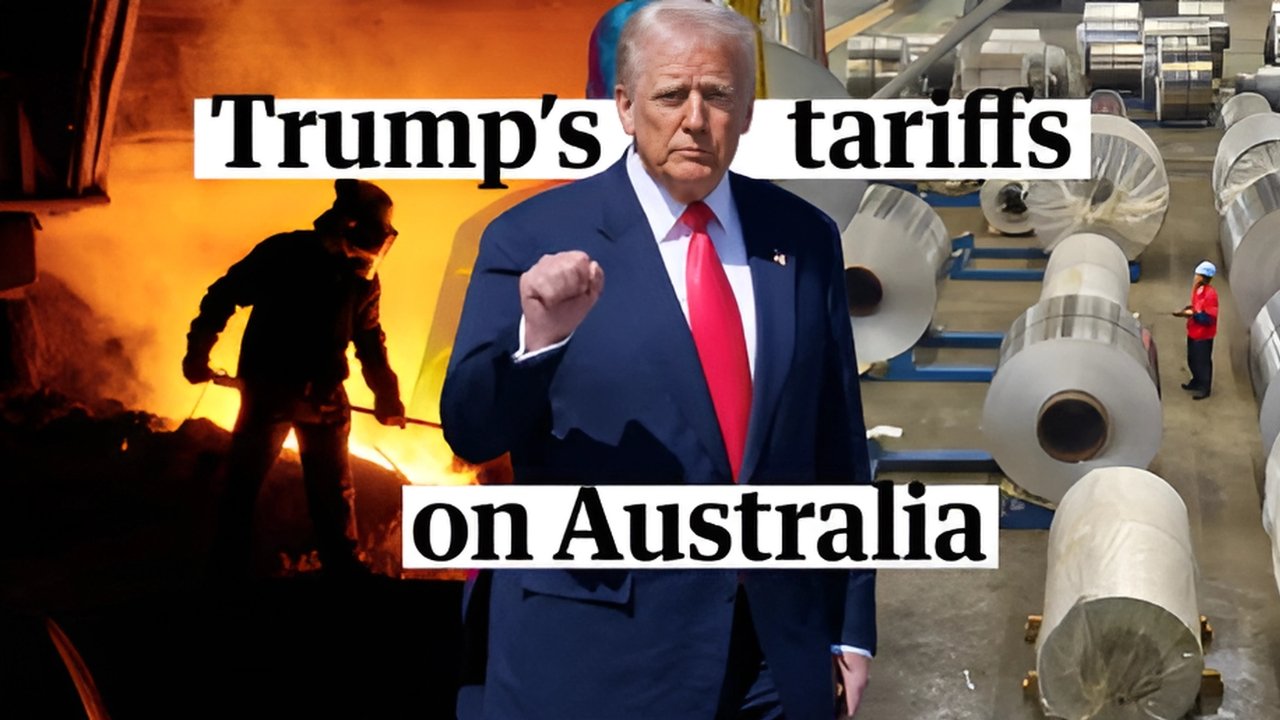
Trump’s 10% global tariffs may benefit Australia modestly. Productivity Commission recommends avoiding retaliation while pursuing free trade.
The latest tariff policies from the Trump administration have created significant economic uncertainty worldwide, but Australia might emerge as one of the few winners in this global trade shake-up. According to the Productivity Commission, these trade disruptions could have a small positive effect on Australia’s economy—if the country plays its cards right.
Understanding Trump’s New Tariff Structure
President Trump has implemented a comprehensive tariff system that includes a 10% baseline tariff on all imports entering the United States. This represents one of the most significant trade policy shifts in decades, affecting virtually every trading partner globally.
The reciprocal tariff system means countries with larger trade deficits face even higher rates. For example, China faces 34%, while Vietnam gets hit with 46%. Australia, however, benefits from having a trade surplus with the US, resulting in relatively moderate tariff impacts.
Why Australia Could Benefit
The Productivity Commission modeling reveals several reasons why Australia might see modest gains:
Trade diversion opportunities arise as American consumers shift away from heavily tariffed goods toward Australian products. When China or other nations face steep tariffs, Australian exporters can capture market share.
Capital flows could redirect toward Australia as investors seek stable, low-tariff environments. The mining sector, which represents 15% of GDP in foreign direct investment, stands to benefit from this trend.
Lower input costs may result from reduced global demand for imports from heavily tariffed nations, making Australian production more competitive.
Strategic Recommendations for Australia
Avoid Retaliatory Tariffs
The Productivity Commission strongly advises against tariff retaliation, which could harm Australia’s economic prospects. Instead, experts recommend:
- Maintaining open trade policies
- Abolishing existing 457 tariffs scheduled for 2025
- Eliminating 300 nuisance tariffs that generate minimal revenue
Diversification Opportunities
Smart businesses are already exploring trade diversification strategies. With traditional markets facing disruption, Australian exporters should consider:
Southeast Asian markets where demand remains strong Alternative supply chains that bypass heavily tariffed routes New partnerships with countries maintaining open trade policies
Economic Data Comparison
| Country | US Tariff Rate | Trade Impact |
|---|---|---|
| Australia | 10% | Small positive effect |
| China | 34% | Severe disruption |
| Vietnam | 46% | Major displacement |
| Japan | 24% | Significant impact |
Challenges and Risks Ahead
Despite potential benefits, Australia faces considerable economic uncertainty. The Productivity Commission notes this represents the highest uncertainty level since the COVID-19 pandemic.
Supply chain disruptions could affect sectors like pharmaceuticals, especially if Trump implements threatened 200% tariffs on medical products. Australian pharmaceutical exports could face direct hits.
Investment delays often occur during trade wars as businesses adopt “wait and see” approaches, potentially dampening economic growth.
Frequently Asked Questions
Q: Will Australian consumers face higher prices due to Trump’s tariffs?
A: Direct price impacts should be minimal since Australia faces relatively low tariff rates, but global supply chain disruptions could affect some imported goods.
Q: Should Australia impose counter-tariffs against the US?
A: The Productivity Commission strongly recommends against retaliation, as maintaining open trade policies offers better long-term economic benefits.
Q: Which Australian industries will benefit most?
A: Mining, agriculture, and manufacturing sectors could see gains through trade diversion and increased foreign investment flows.
The key message for Australian businesses and policymakers is clear: while global trade tensions create challenges, maintaining commitment to free trade principles could position Australia advantageously in this new economic landscape.
Global Gold Market Update: Are Gold Prices About to Touch an All-Time High This Week?…